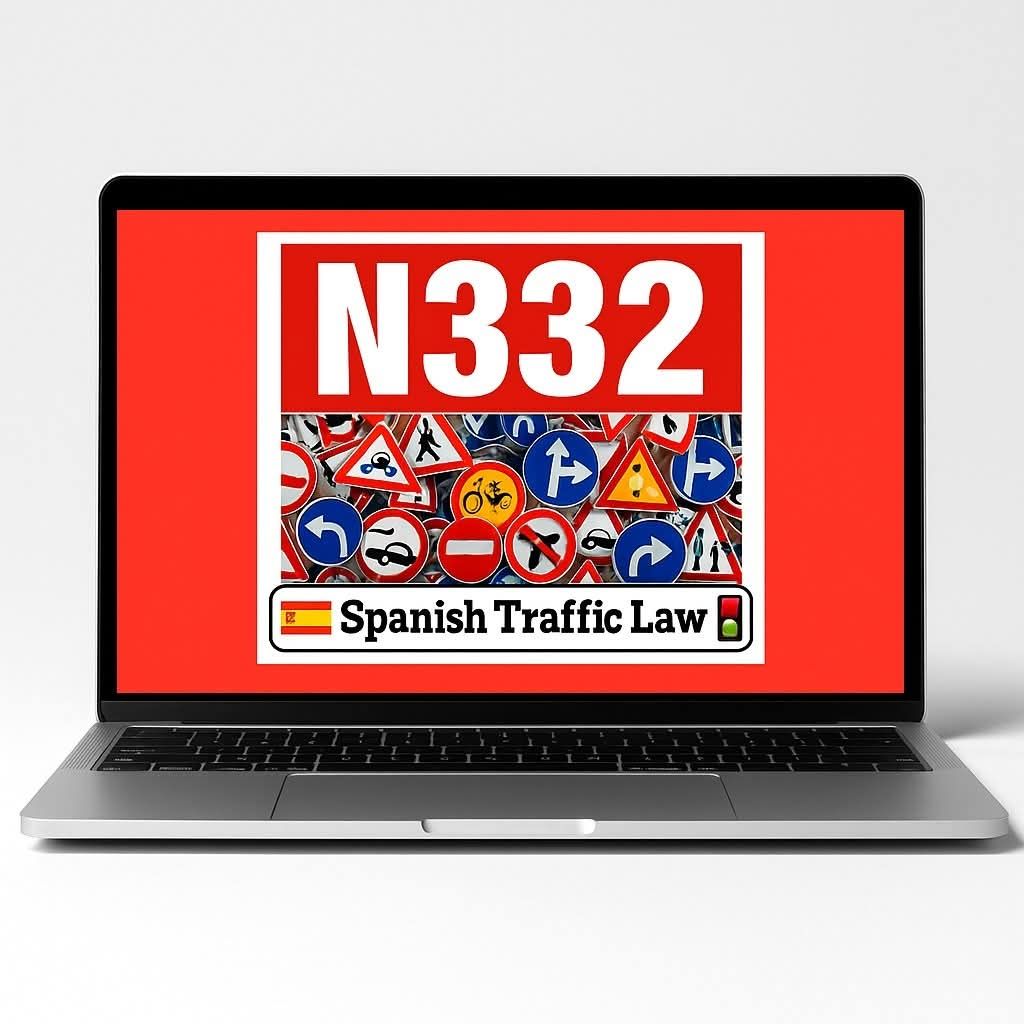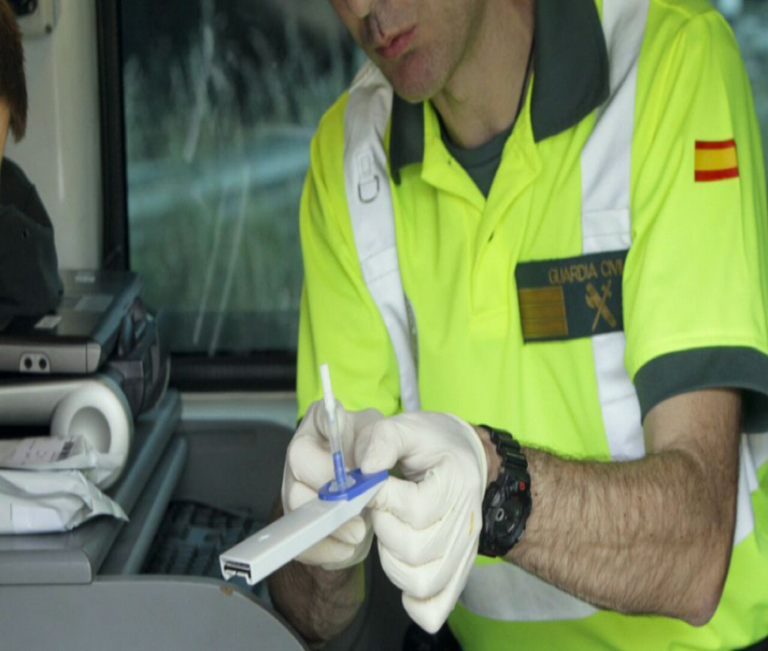Non-Residents Driving Spanish Registered Vehicles in Spain

![]() Many non-residents who come to Spain on holiday and own a Spanish-registered vehicle should be aware of the following:
Many non-residents who come to Spain on holiday and own a Spanish-registered vehicle should be aware of the following:
* ![]() For buying, selling, or inheriting a property in Spain, you need a NIE (Número de Identificación de Extranjero)
For buying, selling, or inheriting a property in Spain, you need a NIE (Número de Identificación de Extranjero) ![]() . This is a tax identification number assigned to any foreign citizen for official processes.
. This is a tax identification number assigned to any foreign citizen for official processes.
* ![]() Having a NIE does not mean you are legally resident in Spain.
Having a NIE does not mean you are legally resident in Spain.
* ![]() When the Guardia Civil or Local Police stop a foreign driver, officers cannot check in their databases whether the NIE was issued only for tax reasons or whether the person has applied for a TIE (residence card). This check can only be carried out by the National Police.
When the Guardia Civil or Local Police stop a foreign driver, officers cannot check in their databases whether the NIE was issued only for tax reasons or whether the person has applied for a TIE (residence card). This check can only be carried out by the National Police.
* ![]() Spanish police forces use different databases and do not always share information among themselves.
Spanish police forces use different databases and do not always share information among themselves.
—
![]() Many non-residents decide to buy a holiday home in Spain and, to avoid renting a car each visit, purchase or register a Spanish vehicle in their name.
Many non-residents decide to buy a holiday home in Spain and, to avoid renting a car each visit, purchase or register a Spanish vehicle in their name.
![]() Sometimes, when Police stop non-resident drivers with a Spanish-registered car, they assume the driver is resident and fine them for not having a Spanish driving licence.
Sometimes, when Police stop non-resident drivers with a Spanish-registered car, they assume the driver is resident and fine them for not having a Spanish driving licence.
This usually happens because:
![]() Officers see other signs of residency (for example, taking children to school, wearing a work uniform, etc.).
Officers see other signs of residency (for example, taking children to school, wearing a work uniform, etc.).
![]() Some officers wrongly believe that having a NIE automatically means residency, issuing a fine and giving the driver 20 days to prove otherwise.
Some officers wrongly believe that having a NIE automatically means residency, issuing a fine and giving the driver 20 days to prove otherwise.
—
![]() Drivers fined in this situation have 20 days to prove they are not residents.
Drivers fined in this situation have 20 days to prove they are not residents.
![]() The main proof required is a certificate of residence in another country. Since these can be difficult to obtain, it is advisable to apply for a Non-Resident Certificate
The main proof required is a certificate of residence in another country. Since these can be difficult to obtain, it is advisable to apply for a Non-Resident Certificate ![]() issued by the National Police in Spain
issued by the National Police in Spain ![]()
![]()
![]() Although valid for only 3 months, this document remains useful even if expired, as it shows that you applied for it — something only required of those who must prove their non-resident status.
Although valid for only 3 months, this document remains useful even if expired, as it shows that you applied for it — something only required of those who must prove their non-resident status.
—
![]() Other proofs to demonstrate you are not resident in Spain:
Other proofs to demonstrate you are not resident in Spain:
1. ![]() Certificate of tax residence issued by your home country’s tax authority.
Certificate of tax residence issued by your home country’s tax authority.
2. ![]() Employment contract or payslips abroad.
Employment contract or payslips abroad.
3. ![]() Enrollment in an educational institution outside Spain.
Enrollment in an educational institution outside Spain.
4. ![]() Foreign tax return or income declaration.
Foreign tax return or income declaration.
5. ![]() Rental contract, mortgage, or utility bills in your country of residence.
Rental contract, mortgage, or utility bills in your country of residence.
6. ![]() Valid ID card or residence permit from your home country.
Valid ID card or residence permit from your home country.
7. ![]() Flight tickets or passport stamps showing you do not spend more than 183 days in Spain.
Flight tickets or passport stamps showing you do not spend more than 183 days in Spain.
![]() The more complete your evidence, the easier it will be to prove your non-resident status.
The more complete your evidence, the easier it will be to prove your non-resident status.
—
![]() Remember: According to Spanish law, a person is considered resident if they spend more than 183 days in Spanish territory in the same calendar year.
Remember: According to Spanish law, a person is considered resident if they spend more than 183 days in Spanish territory in the same calendar year.
To read this article in full, and many more, visit the main site, N332.es︎



